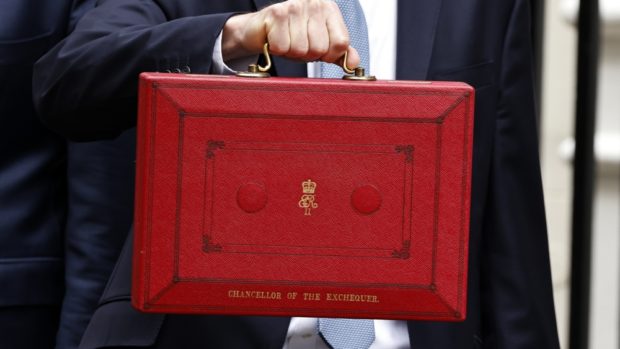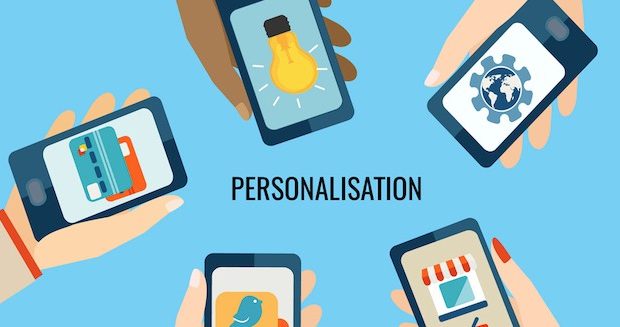The COVID-19 pandemic has been defined by speed. Governments responded with historic fiscal policies and extraordinary restrictions on civil liberties. Citizens responded with incredible levels of adherence to restrictions on movement, social participation and leisure outside the home. Businesses responded remarkably quickly to increase supply and facilitate delivery of essential products, protect health and safety and repurpose existing production to essential needs.
Now is the time to reflect on these changes, assess their impact and begin to look forward. To help with that, Acxiom surveyed 10,000 people in the U.S. and 5,000 people in the U.K. to explore these four key dimensions:
- The economic impact of the pandemic
- The level of confidence in returning to the physical economy
- New habits and their likelihood to persist post-pandemic
- Responses to the pandemic and the public health measures implemented
This report will assess all of this at a macro level, with a focus on five key industries: consumer technology and telecommunications, financial services, retail, automotive, and travel.
“As we enter this next phase of the pandemic, the majority of businesses face uncharted waters of temporary and lasting change,” said Acxiom’s head of international, Mike Menzer. “Underpinning everything is the confidence and trust of the customer. Pandemic consciousness is an important factor that needs to be respected and managed by businesses trying to win back or maintain customer loyalty in the new normal.”
Some of the results are as follows:
Consumer technology:
- Weekly video call app use started at 36 per cent before the pandemic, reached 62 per cent during the pandemic, and is expected to fall to 51 per cent after the pandemic. Weekly users will have grown by a third overall
- After the pandemic, just over 20 per cent of workers plan to work from home most of the time, and more than half plan to do so at least some of the time
- More than 70 per cent of those in tech and telco, financial services, and commercial and professional services want to continue working from home at least some of the time after the pandemic
Telecoms:
- 30 per cent of the population now have multiple streaming services, up from 25 per cent before the pandemic
- This number increases to 43 per cent of millennials and 51 per cent of gen Zs
- Of those surveyed, the majority of those who signed up for a new streaming service showed little intention of cancelling in the next year or so
- The one exception to this is Apple TV, which showed a higher risk of losing more than half of their subscribers in the next year
Financial Services
- 51 per cent of people intend to save more after the crisis, while 17 per cent are waiting to see how their employment situation develops before deciding
- 68 per cent of Gen Z intend to save more
- 90 per cent of people in the U.K. now use contactless cards in general, and 45 per cent said they were using them more often during the pandemic
Retail
- It took a decade for online retail sales to increase from 5 per cent of all sales to 19 per cent between 2006 and 2019. Over the pandemic, it took three months for it to increase by the same margin
- For product categories bought online, naturally, household services and fitness and wellness both jumped by a lot, 14 per cent and 17 per cent respectively
- Surprisingly, online jewellery purchases which usually get cut in a recession saw growth from 32 per cent to 42 per cent
Automotive
- 24 per cent of those looking to buy another car have already delayed their purchase and another 24 per cent are considering delays
- 51 per cent of those looking to buy a car have said they are now more likely to buy electric as a result of seeing the benefits of reduced air pollution
Travel
- In the U.K., 71 per cent are considering a domestic trip this year
- 22 per cent of the population is still going on an international vacation they had planned before the crisis, or intend to book a new one as soon as possible.
- 33 per cent want to see how the situation develops before going on an international vacation. When it comes to international bookings for next year, this number rises to 47 per cent for those who want to see how things play out







Share